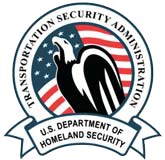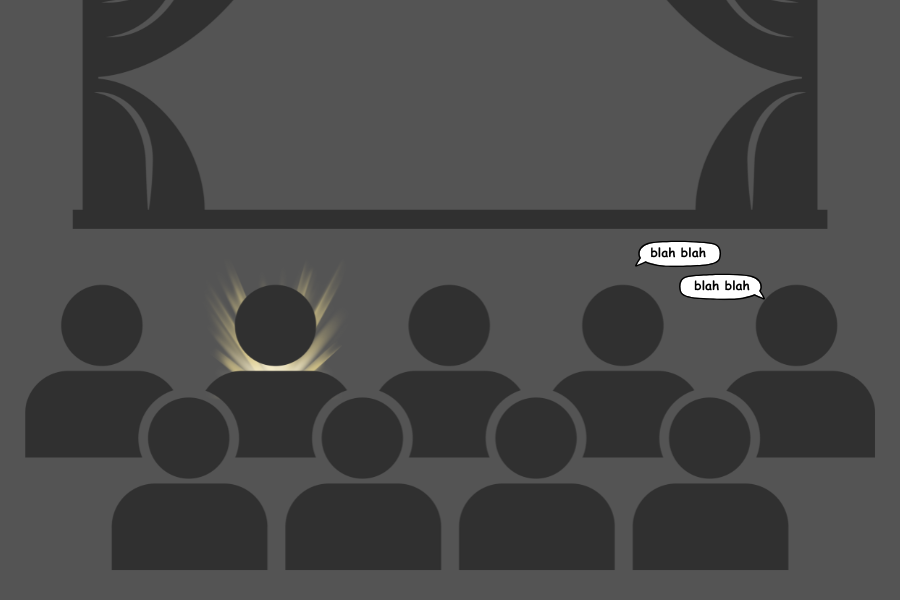Ryan Boyle
Journal Staff
What happened to the days where we all vented about how the IRS is “stealing” money from our paychecks and calls it taxes? Did everybody all of a sudden decide to lash out at the TSA because they put some fancy new machines in hundreds of airports that don’t have to touch us? And we reply with, “Hell no! They ain’t beaming me up!”
One would think a new machine that doesn’t require someone to get in your personal space is efficient. It’s a nuisance to walk back and forth through a detector because you forgot you had a nickel in your pocket, or to have a person who you don’t know touching you more than your significant other. I understand the concern that they can somewhat see your private areas, but it’s all blurred! It’s just an X-ray, and on top of it being just an X-ray, the person is locked away in a room somewhere with a computer and a desk. The poor TSA officer probably can’t even eat or drink in that room, let alone have the ability to look at computers in there. If anybody should be complaining about the new machines it’s the TSA agents who get stuck in a room staring at a screen for hours.
Let’s address those crazy theories of people leaking images, the TSA pedophile working the machine, the TSA agent getting off to the images on the machine. First off, if that crowd of coo-coo’s flew over the nest, the rest of us would be long through the security lines and sitting in our seats waiting for takeoff. Like basically all employers these days, TSA conducts background checks. And like basically all other jobs, you go through training and agree to abide by certain rules. So the whole idea that we have huge creeps behind the machine — sorry, I’m not buying it. And once again, they don’t see you; they just see the X-ray on the screen.
In all honesty, I don’t think the machines are that big of a deal. So when asked to step into one, I will gladly accept. Because seriously, who in their right mind wants to get touched all over by a stranger when you can stand there for a few seconds and that’s the end of it? If you have medical conditions, or are trying to transport drugs, sure it’s inconvenient, but such is life. Regardless of what technology or man power we use to screen our passengers, everyone sitting next to you is “safe.” All you have to worry about now is grabbing that extra bag of pretzels before the flight attendant disappears.









Publius • Dec 1, 2010 at 3:46 pm
The primary concern of those who complain about the scanners is the invasive nature of them, secondly, the overly-aggresive pat-downs and negligence of TSA protocol. TSA officers are left with rules of immense width for interpretation. This includes passengers taking photos or videos of the security checkpoints (which they are fully within their rights to do) and TSA officers confiscating cameras and even in some cases making people delete photos (which is against protocol if they are not of screens).
Furthermore, the x-ray images could very well be leaked. Many companies have better IT/IS than government agencies and some individuals with the capacity to enter illegally into corporate databases could jsut as easily obtain images from the TSA. Look at the wikileak situation and then reassess governmental data security.
As for the pat downs, where many TSO’s are kind, many others ignore requests and instructions by passengers. One passenger recently went through security, told an officer he was recovering from bladder cancer and had an artificial bladder, the TSO ignored and broke it in an agressive pat-down.
Now, I can see the need for increased security, but truthfully, it’s an illusion. Government officials have gone on record saying that the TSA security is based on past threats, and ironically, and statistically, terrorists ahve not used the same attack multiple times. Therefore, we can assume that security to defend against X will not necessarily defend against Y.
Also, a note concerning your comment on background checks: they only identify what has already been exposed in the past. They cannot measure human nature or tacit intentions.